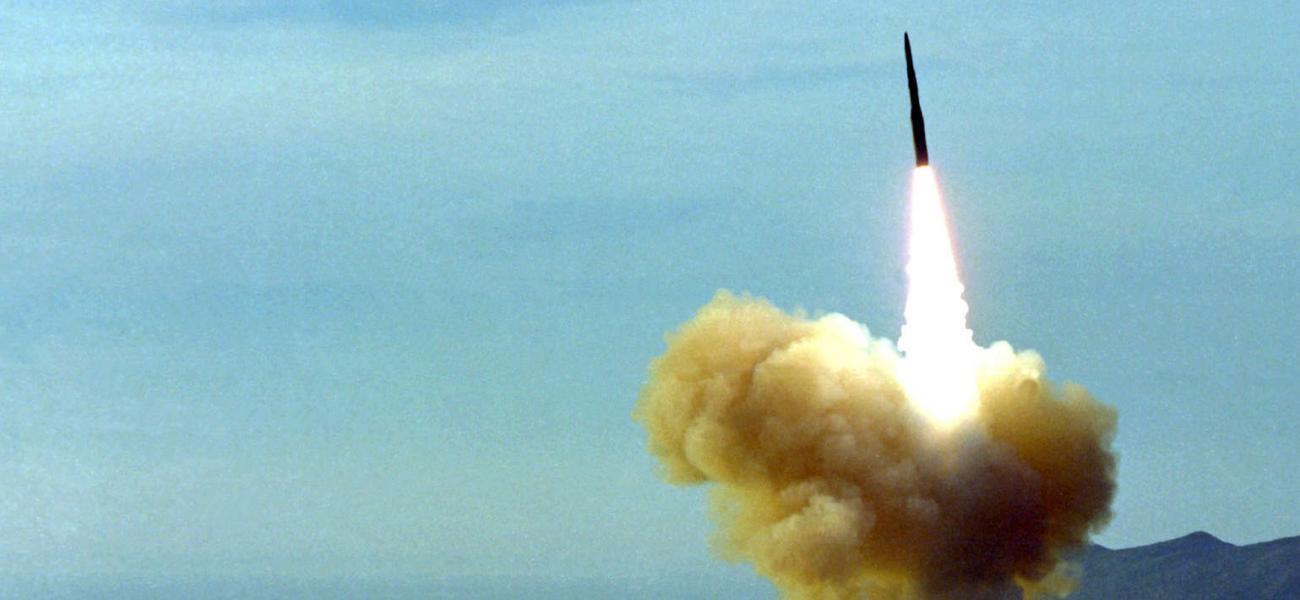Drawing upon six decades of constructive contacts between American and Russian citizens, we the participants in the latest Dartmouth Conference have decided to issue this urgent appeal to our governments, warning of the dangers of a new nuclear arms race and strongly urging both governments to act immediately to extend the New START Treaty beyond its February 2021 expiration.
ARTICLE & ANALYSIS BY: James F. Collins, David Mathews, Vitaliy Naumkin & Yury Shafranik | russiamatters.org

Against this backdrop, we deem it absolutely essential that the two governments take immediate action to ensure the continuation of the final major nuclear arms agreement remaining in force between us: the New START Treaty. Signed by the American and Russian Presidents in 2010, the Treaty continued the steep reductions of the nuclear arsenals on both sides that began in the 1980s, and sustained the inspection and data exchange mechanisms that verify compliance with Treaty obligations, thereby strengthening confidence and trust between our two governments and militaries. The Treaty is scheduled to expire in February 2021, but includes a provision enabling a relatively simple five-year extension at any point before that date, if the two governments agree to do so.
The New START Treaty is a crucial element of the broader U.S.-Russian agenda of security issues, which includes among others the ongoing development of a new generation of technologically advanced conventional arms and delivery systems, and cyber warfare. It is also clear that the strategic stability dialogue, which for decades has been a predominantly bilateral discussion between the United States and Russia, needs to be broadened to include other global nuclear powers. This can form the basis of a more comprehensive global dialogue on strategic stability, one which the U.S. and Russia, as the two nuclear superpowers, must ultimately lead.
But the immediate imperative is extension of the New START Treaty. Its extension will provide a solid foundation upon which to base a broadened, global security dialogue, and will send a positive signal of the ability of Russia and the United States to reach agreement on issues of existential global and national importance, despite our significant differences in other areas. We see this as a paramount moral obligation of both our governments before our own peoples, and the world at large. We respectfully urge our governments to begin discussions immediately to this end.
